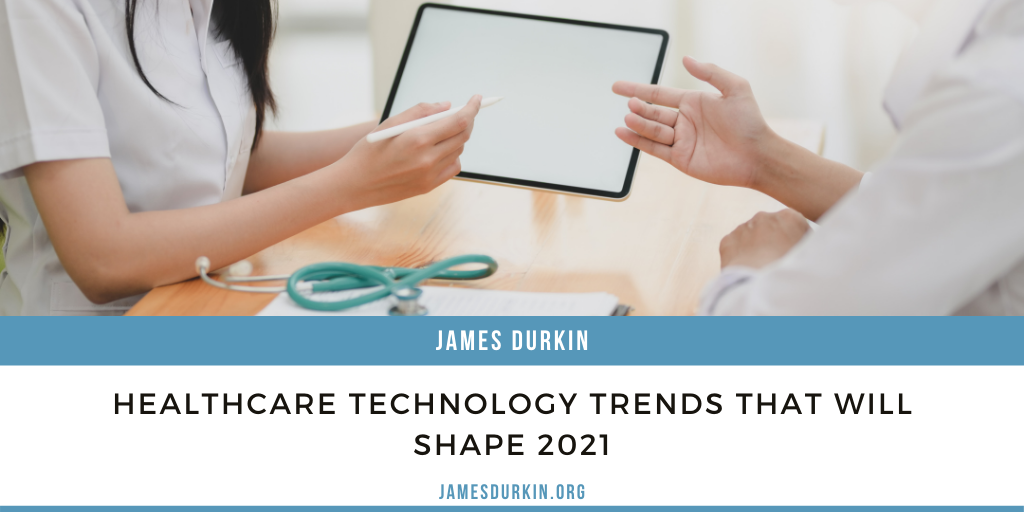The year 2021 may be described in the future as the year medicine went mobile.
While it’s true that telemedicine has been developing for several years now, it is the COVID-19 crisis that has supercharged the remote-connected model of healthcare delivery.
Ian McCrae is CEP of Orion Health. He said the pandemic’ has been to usher in a major transformation away from “monolithic upgrades” to big-building hospitals and toward building digital platforms that allow doctors and patients to meet one-on-one via a computer screen, smartphone or tablet. McCrae said an additional benefit of this would increase the level of “patient-centric” care.
The COVID-19 environment resulted in many kinds of in-person clinic visits to be deemed “nonessential.” That meant more patients seeking a doctor’s care via a video screen. The substantial number of new cases in this realm helped drive development in telemedicine infrastructure lagging. It also cleared away bureaucratic and regulatory roadblocks.
The bottom line is that both doctors and patients have liked the telemedicine experience. Since patient treatment and favorable outcomes have remained high, telemedicine will certainly surge in 2021.
A significant healthcare technology trend for 2021 will be the continued adoption of AI and machine learning to medical diagnostics and treatment modes, especially when combined with incredible advances that have been made in genomic sequencing.
Perhaps the exemplar of this trend is Chicago-based Tempus, a healthcare research company founded by tech billionaire Eric Lefkofsky in 2015. Lefkofsky is famous for having created Groupon. Now he is going full tilt into the healthcare sector with Tempus. This company conducts genomic sequencing on cells taken from cancer tumors and tissues. It then applies machine learning to create personalized profiles of how the disease is advancing in each individual.
Machine learning can continually massage massive amounts of data gleaned from the sequencing of thousands of samples per year. The result is an enormous database from which new insights about treating diseases like cancer can be extracted.
Finally, there will be a significant focus on improving data sharing and interoperability in 2021. The latter is the care information system’s ability to operate across organizational boundaries so that advanced and effective health delivery methods can be optimized for people and communities.

